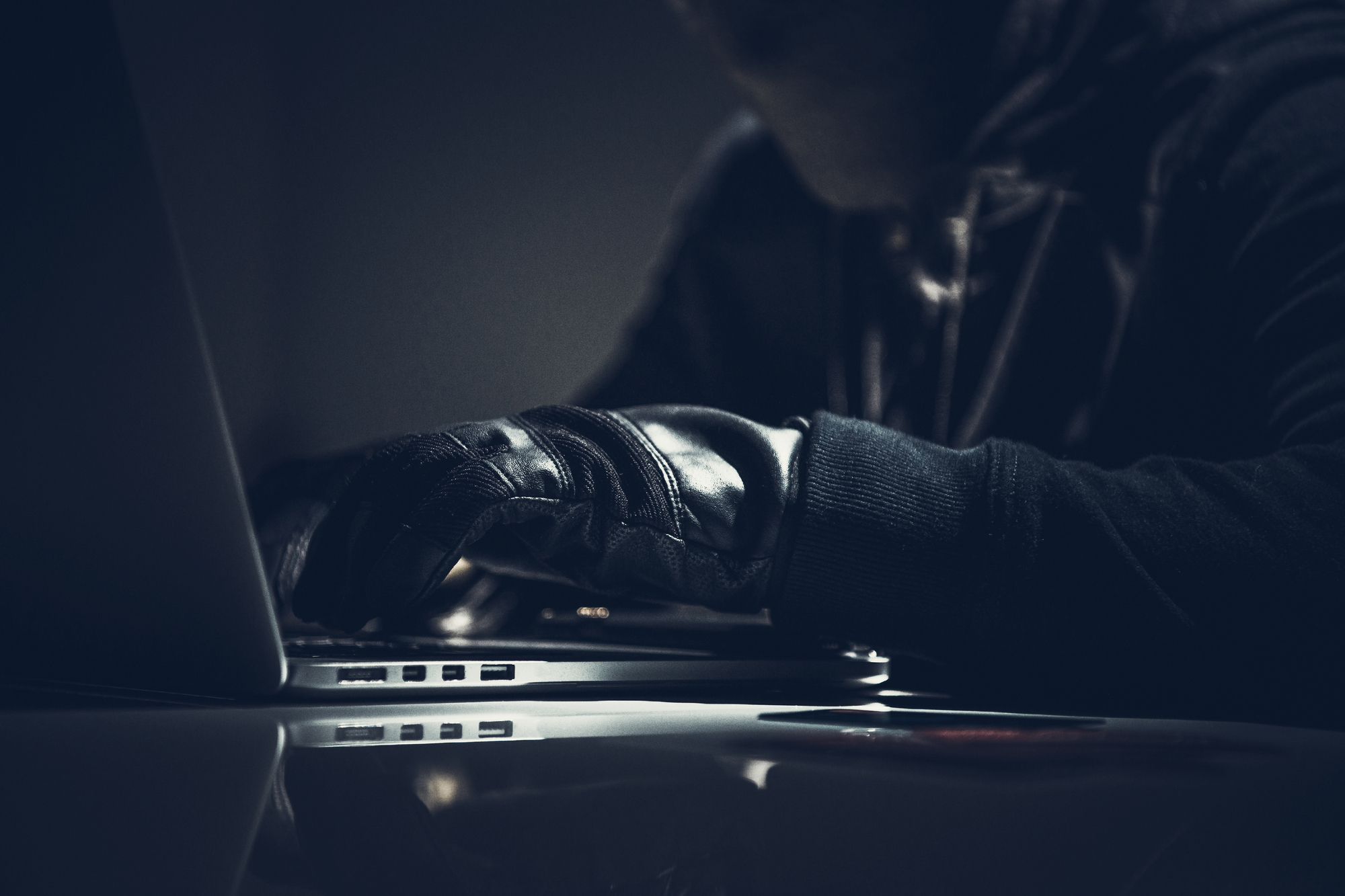As video doorbells become more popular, there is growing concern over how law enforcement will use the footage captured by these devices. Some people worry that police may be able to use video captured by Ring doorbell cameras as evidence in criminal investigations. In this post, we will take a look at whether or not doorbell camera video can be used as evidence in court. We will also explore some of the legal implications of this type of surveillance.
RING DOORBELL CAMERA VIDEOS AS EVIDENCE
The “smart home” is a growing trend, using connected devices in the home to increase convenience and home monitoring. They can serve to control everything from lights and thermostats to security, at home, or remotely using smartphone apps. Smart doorbell cameras are one of the fastest-growing smart home devices. Can video from doorbell cameras be used as evidence at court?
Doorbell cameras from companies like Ring and Nest have become immensely popular. They allow users to identify who is approaching their door using video and facial recognition software, talk to people remotely through the doorbell, as well as capture images and video.
As a security measure, these doorbells can help homeowners – such as identifying people stealing a package from their doorstep. Or, they can act as a neighbourhood watch device, capturing evidence relevant to other crimes. For example, identifying a person walking on the street at a specific time and date.
These devices are being actively promoted by law enforcement as a means of collecting video surveillance of criminal activity.
HOW LAW ENFORCEMENT AGENCIES USE THESE VIDEOS
The main use of doorbell cameras as evidence is identification. Police can use the footage to ID persons, vehicles, and license plates. They can also provide circumstantial evidence, capturing behaviour or activities that may support their case. In some instances, a doorbell camera may even capture footage of the crime occurring. Police also post these videos on social media to gain tips and leads for their investigations.
Although visual surveillance is just about everywhere these days, the angle that doorbell cameras provide isn’t covered by traditional surveillance. Most security cameras are pointing downwards and wearing a hood or hat which is often enough to prevent facial recognition.
Doorbell cams, however, are specifically designed to capture faces. This provides more direct footage and identification of anyone who comes to the front door. Where there are no other witnesses, they are a good option for evidence. Police can use them to ID, investigate, and arrest suspects.
CAN DOORBELL SURVEILLANCE BE USED AS EVIDENCE IN COURT?
The Crown can use the video evidence from a doorbell camera in Court. The exception is if the defence lawyer is able to find a reason to dismiss the evidence.
Some smart doorbells also record sound. According to Section 184 of the Criminal Code, it is illegal to intentionally intercept a private communication. Does this make doorbell audio evidence inadmissible?
Doorbell audio can be admissible. In large part, this is due to its intended purpose. You are not allowed to secretly record conversations that you’re not a part of, but you are allowed to eavesdrop and as a private citizen you are allowed to record crimes.
As well, the Courts also consider the intentions of the recorder and the expectation of privacy. A person standing in front of the front door, in plain sight of the doorbell will not, generally, have much expectation of privacy.
It is possible, depending on the circumstances and evidence, that the criminal lawyer may have audio evidence dismissed. However, doorbell audio is otherwise admissible.
PROBLEMS WITH DOORBELL CAMERAS
Doorbell cameras, while they offer useful evidence, do cause some problems. They put the evidence in the hands of private citizens, which has some inherent risks that can interfere with investigations and/or the proper application of justice.
With smart doorbell evidence, there is a risk of people posting videos on social media or sharing with others before, or instead of, with police. This can lead to in-person or online vigilantism that can target innocent people.
CHALLENGE EVIDENCE WITH A TORONTO CRIMINAL LAWYER
William Jaksa is a Toronto criminal defence lawyer with years of experience in challenging evidence and protecting defendant rights and interests. If you are facing criminal charges and need to find defence counsel, contact Jaksa today.




